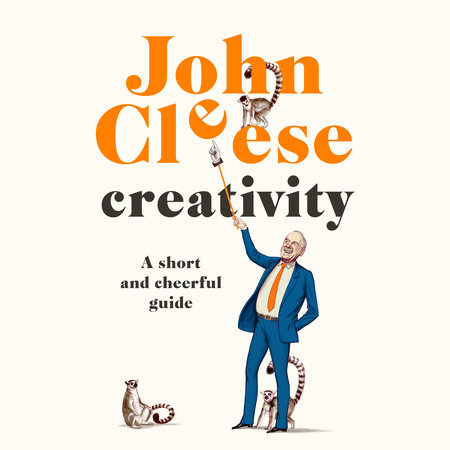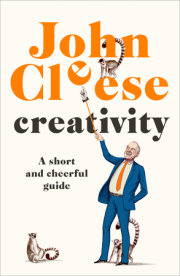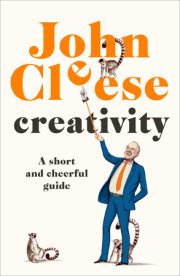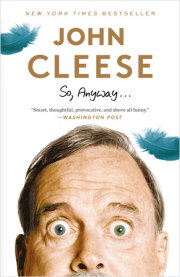Introduction
By creativity, I simply mean new ways of thinking about things.
Most people think of creativity as being entirely about the arts—music, painting theatre, movies, dancing, sculpture, etc., etc.
But this simple isn't so. Creativity can be seen in every area of life—in science, or in business, or in sport.
Wherever you can find a way of doing things that is better than what has been done before, you are being creative.
Another myth is that creativity is something you have to be born with. This isn't the case. Anyone can be creative.
When I was at school in the late forties and the fifties, no teacher ever mentioned the word creativity. Just think how extraordinary that is.
Mind you, this was partly because I did science at school—my A levels were in Maths, Physics, Chemistry—and, of course, there wasn't much room for me to be creative in those subjects.
You have to learn an awful lot of science before you can even begin to think about taking a creative approach to it.
Then I went to Cambridge and studied Law. Not much creativity there. You just had to decide whether one particular set of facts fell into this category or that category.
But, regardless of the subjects I chose to study, it's clear that nobody in charge of the English education system seemed to have realised there was any need to teach creativity.
And you
can teach creativity. Or perhaps I should say, more accurately, you can teach people how to create circumstances in which they will
become creative.
And that's what this little book is all about.
Copyright © 2020 by John Cleese. All rights reserved. No part of this excerpt may be reproduced or reprinted without permission in writing from the publisher.







